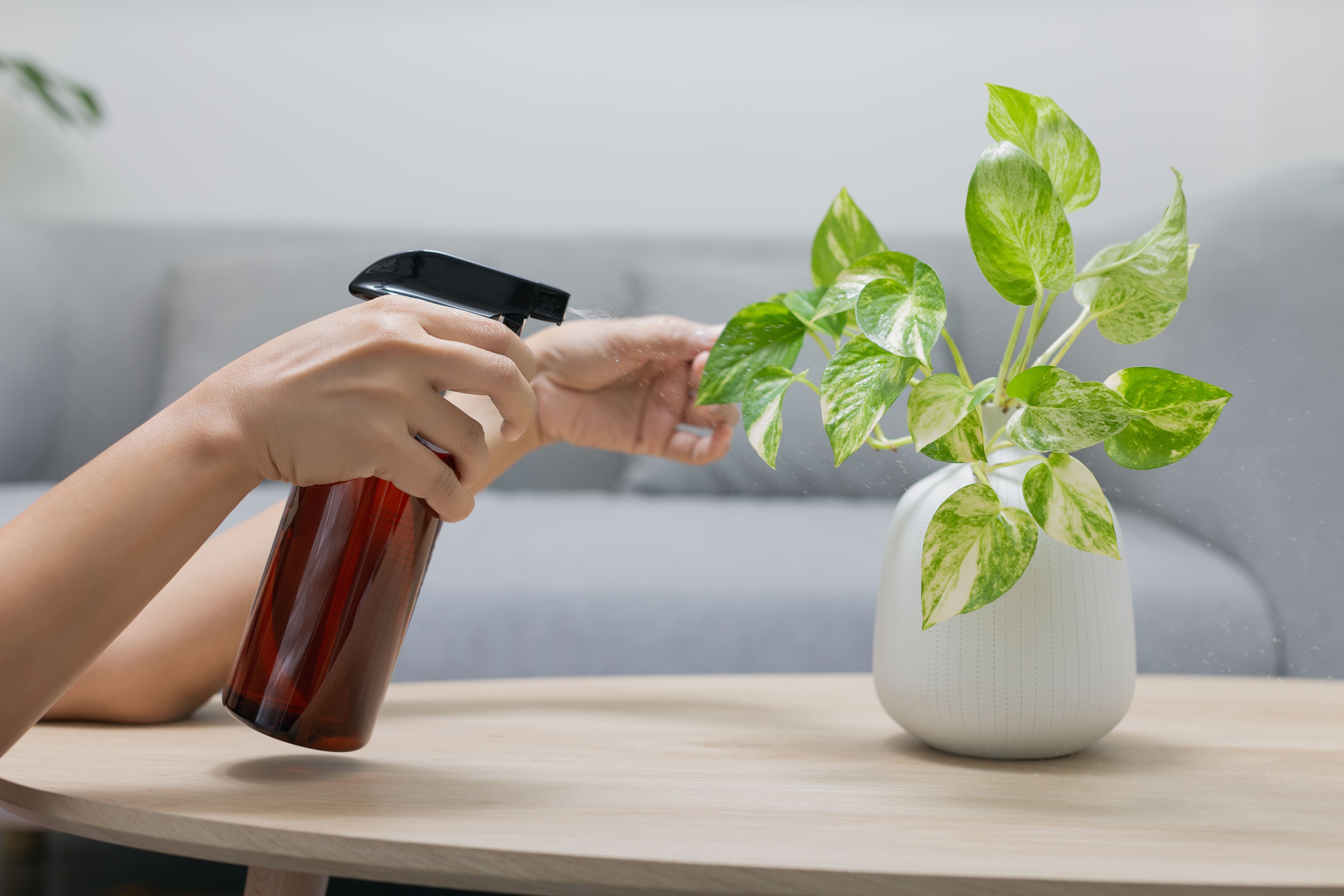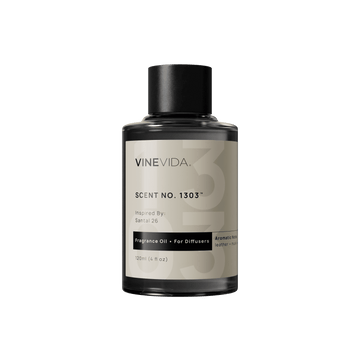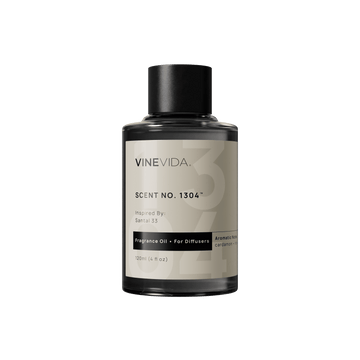Peppermint essential oil has both insecticidal and fungicidal properties. There are various levels of gardening, from strictly organic to chemical attacks on molds, fungi, and insects. Using essential oils in the garden sits somewhere in the middle. While using small amounts of peppermint oil on plants won’t harm the garden, it is important to gauge how much you want to use without disturbing the ecology of your space.
Will Peppermint Oil Hurt Plants?
Understanding the answer to this question helps to understand what an essential oil is. When you hold a bottle of oil in your hands, it’s easy to forget that what you have there is a conversation the plant has been having with its surroundings.
Imagine that the plant is rooted in one place and cannot move from there, regardless of what happens. The sun beats down, and it cannot quench its thirst. The rains come, and it is saturated. Snow comes; it becomes so cold and longs for heat. When the sun does return, a butterfly visits and lays her eggs. The poor plant becomes breakfast, lunch, and tea, and there is absolutely nothing it can do about it.
Or is there?
In your hands lies its response to these challenges. The plant synthesizes” secondary metabolites” to cope with water challenges, injuries, fungi, and molds. This helps repel certain insects and attracts others as a means of pollinating.
Other chemicals are dispatched into the soil as a means of preventing any other plants from germinating nearby. This may be a lightbulb moment for some of you who have also battled with peppermint plants in your garden lately.
So, since it comes from a plant, peppermint oil won’t hurt your plants. As long as you are mindful about dosage, it can be a natural and safe alternative to chemical treatments.
Also Read: How To Dilute Peppermint Oil
Can You Spray Peppermint Oil On Plants?

Yes, that would be the safest and most effective way of using it. The key to success will be using diluted amounts only when necessary.
If you think about the average yield of peppermint essential oil being between 0.5-1%, we start to understand how strong it is compared to a plant. We certainly don’t want to be using it neat or strongly diluted. Merely a kiss on the wind or a shower on a gentle breeze…after all, that’s as close as you’ll get to nature if possible.
Also Read: Does Peppermint Oil Repel Mice?
Does Peppermint Oil Attract Bugs Or Kill Bugs?
Ah, well, that’s the 6 million dollar question, isn’t it?
The answer is likely to be both.
It’s worth remembering that while we only recognize the one smell of mint, insects sense hundreds of different fragrances within that. Each chemical is a communication, or indeed several communications. Just as we have some people we are happy to spend time with, the mint plant wants some insects around, and it wants others to buzz off.
Peppermint is well researched for repelling mosquitoes. Spiders don’t like strong smells at all. Bees, however, love mint. It’s their favorite thing in the garden, apart from marjoram and hyssop. Bees, of course, we like…a lot.
But spider mites, cutworms, and flea beetles…not so much. These are voracious munchers of mint, to the point that they can be extremely damaging. Spray peppermint oil on plants, and guess who will come calling.
Benefits of Using Peppermint Oil Spray On Plants
Let’s be clear…there is very little research and evidence in this area. Most of the studies done on fungi and molds are for preserving food. Much of the pesticide research is around mosquitoes, which makes sense when these are such lethal creatures.
So while there is very limited evidence around how essential oils work in the garden, farmers have been using natural remedies for centuries. We know they have excellent antifungal and antibiotic properties, so it is worth experimenting with different conditions you find on your plant.
Fortunately, we are experiencing a surge in care for bees, which is fabulous because they are suffering, with some species teetering on the edge of extinction. Their main threats are monocultures of farming focusing on one specific plant type and mite infestations called varroa. However, following closely behind are people using neonicotinoids, herbicides, and pesticides. You may find bees lying dead with their tongues (proboscis) hanging out after the chemicals have poisoned them.
Using peppermint oil on plants avoids or restricts the need for synthetic chemicals in the air and soil.
Also Read: What Is Peppermint Oil Good For?
Wonderful Peppermint Oil Uses In The Garden Plants
Aphids make up an important part of the food chain, but they suck sap, so if they are left to get out of control, they can damage your plants. Spraying your plants with peppermint essential oil can be helpful if it is used irregularly and in small dilutions.
Peppermint is a highly undesirable fragrance for many animals, especially ants, rats, aphids, beetles, moths, and spiders.
When you cut vegetables in the plot, fragrances will be dispatched into the garden, which insects will pick up on. Carrot flies, in particular, can be troublesome at this point. Spraying peppermint into the air may confuse them.
The smell of mint confuses flea beetles, luring them from laying their eggs on brassica species such as cabbage, sprouts, or cauliflower. (Gardeners' World)
Peppermint is also a potential weedkiller- A 2018 study showed that spraying crops with peppermint essential oil might provide a safer alternative to synthetic herbicides for control of Lolium multiflorum, a kind of invasive ryegrass. The two active constituents, menthol and menthone, prevented the germination of any seeds in the soil. (Ibanez, 2018)
Rather than just using essential oils, you could also consider planting mint in different parts of your garden.
Be careful to confine the roots, though, as they have a very invasive habit.
Companion planting aims to attract predators of pests such as aphids and spider bugs. Aphids make excellent meals for ladybirds, parasitoid wasps, lacewing larvae, rove beetles, and hoverfly larvae. None of them seems to like the smell of peppermint. Be aware of the problem, then, that you are deterring an army of allies and repelling pollinators required to create your food.
Time spraying the plants well. Please do not spray when plants are in flower, as you may deter productive and helpful pollinators.
Also Read: What Does Peppermint Oil Do?
How Do You Make Peppermint Oil Spray For Plants
- Use 1 gallon of Water
- 1 tsp Vodka to disperse the essential oils
- 10 drops of Peppermint Essential Oil
If possible, saturate the entire plant?
Note that plants create these chemicals so that they evaporate into the air. That’s their job. So this means that even if you saturate a plant, the effects will be short-lived. They will disappear in the mist, so you’ll likely need to reapply about five times daily. Do not use it for longer than a week.
Also Read: Is Peppermint Essential Oil Safe For Cats?
Final Thoughts
There is virtually no scientific evidence around using peppermint oil on plants or any essential oils. However, farmers have been using companion planting for generations, and mint is often used to deter insects and other pests.
Also Read: Is Peppermint Oil Good For Your Hair?















